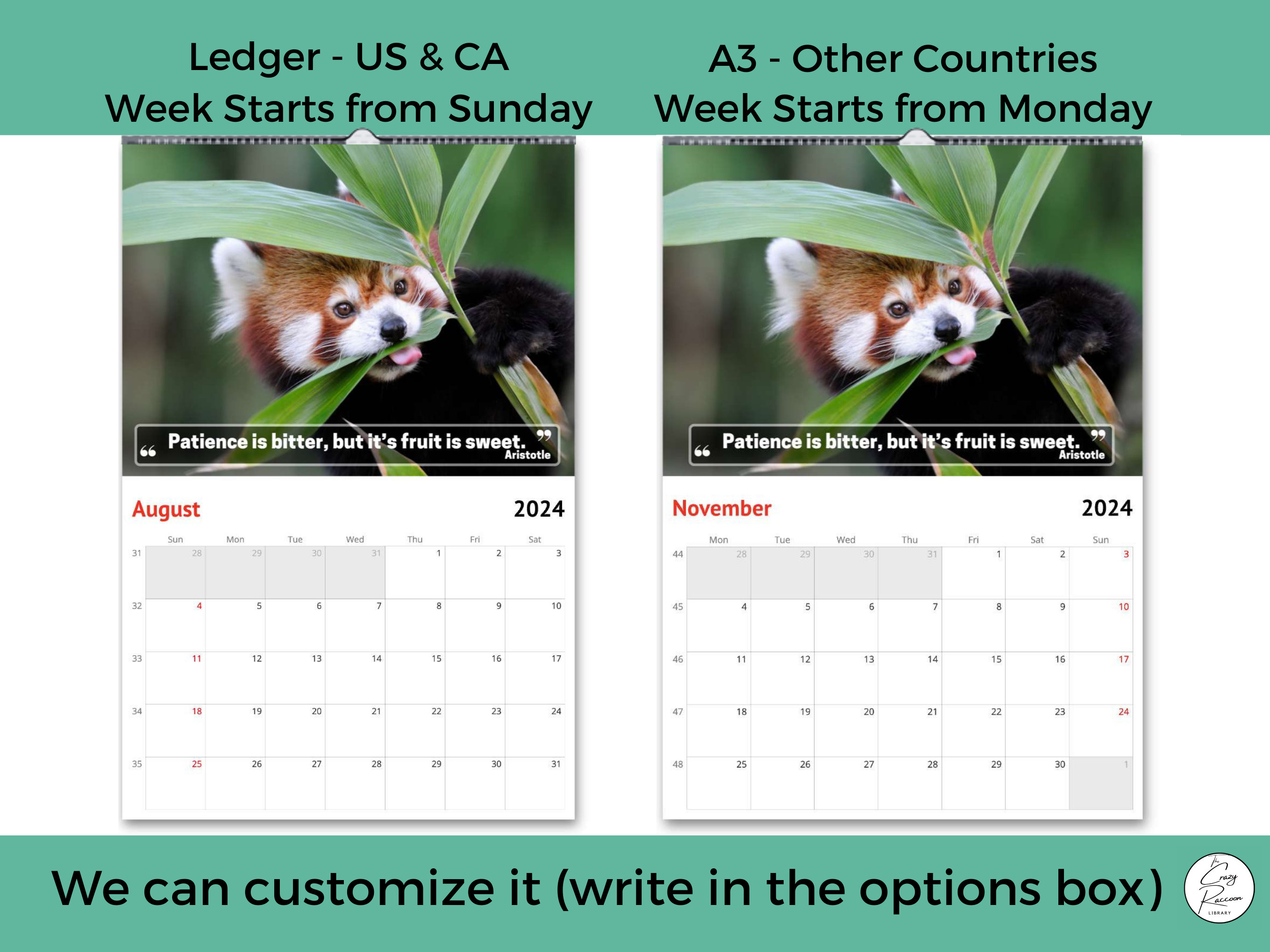Table of Contents
- Adorable Red Pandas 2024 Calendar | Zazzle
- Panda Calendar 2024 Monthly Wall Calendar, A4 Hanging Calendar Perfect ...
- Red Panda Calendar 2024-2025: 24 Month Planner To Keep You On Track ...
- 2023-2024 Giant Pandas Pocket Calendar: 2 Year Monthly Planner With ...
- Panda Calender Gifts 2024 Wall Calendar Panda Calendar 2024 Wall ...
- Wall Calendar 2024 Pandas Calendar, Brochure Calendar with Monthly ...
- Red Pandas Wall Calendar 2024, Cute Gift Idea for Red Panda Lovers - Etsy
- Red Panda Calendar 2024 - Walmart.com
- Gambar Kalender Sederhana Tahun 2026 Png, Vektor, PSD, dan Clipart ...
- Panda Printable Calendars 2024 Editable Cute Panda Bamboo Calendars ...

Panda waste, also known as food waste, is a significant problem worldwide. According to the United Nations Food and Agriculture Organization (FAO), one-third of all food produced globally is lost or wasted. This staggering statistic translates to approximately 1.3 billion tonnes of food waste per year. The environmental, economic, and social impacts of panda waste are substantial, and it is essential to address this issue to achieve sustainable living.


Causes of Panda Waste

There are several causes of panda waste, including:

- Overproduction and overconsumption: Producing and consuming more food than needed leads to waste.
- Poor supply chain management: Inefficient logistics and storage can result in food spoilage and waste.
- Lack of proper food storage and handling: Failure to store and handle food properly can lead to spoilage and waste.
- Consumer behavior: Buying too much food, not planning meals, and not using up leftovers contribute to panda waste.


Environmental Impacts of Panda Waste

The environmental impacts of panda waste are significant. Food waste:

- Contributes to greenhouse gas emissions: The production, transportation, and decomposition of food waste release methane and other greenhouse gases.
- Wastes water and land: Producing food that is ultimately wasted requires significant amounts of water and land.
- Pollutes soil and water: Improper disposal of food waste can lead to soil and water pollution.

Solutions to Reduce Panda Waste
To reduce panda waste, individuals, businesses, and governments can take the following steps:
- Plan meals and make shopping lists: Avoid buying too much food and reduce impulse purchases.
- Use up leftovers: Get creative with leftovers and reduce food waste.
- Compost food waste: Turn food waste into nutrient-rich compost for gardens and farms.
- Support sustainable agriculture: Choose locally sourced, seasonal produce to reduce transportation emissions and support sustainable farming practices.
Panda waste is a significant problem with far-reaching environmental, economic, and social impacts. By understanding the causes of panda waste and implementing solutions, we can reduce waste and achieve sustainable living. Individuals, businesses, and governments must work together to address this issue and create a more sustainable food system. By making small changes to our daily habits and supporting sustainable practices, we can make a significant difference and reduce panda waste.
Remember, every small action counts, and together we can create a more sustainable future. Start by making a few simple changes to your daily habits, such as planning meals, using up leftovers, and composting food waste. Encourage your friends and family to do the same, and support businesses and governments that prioritize sustainable practices. Together, we can reduce panda waste and create a more sustainable world.